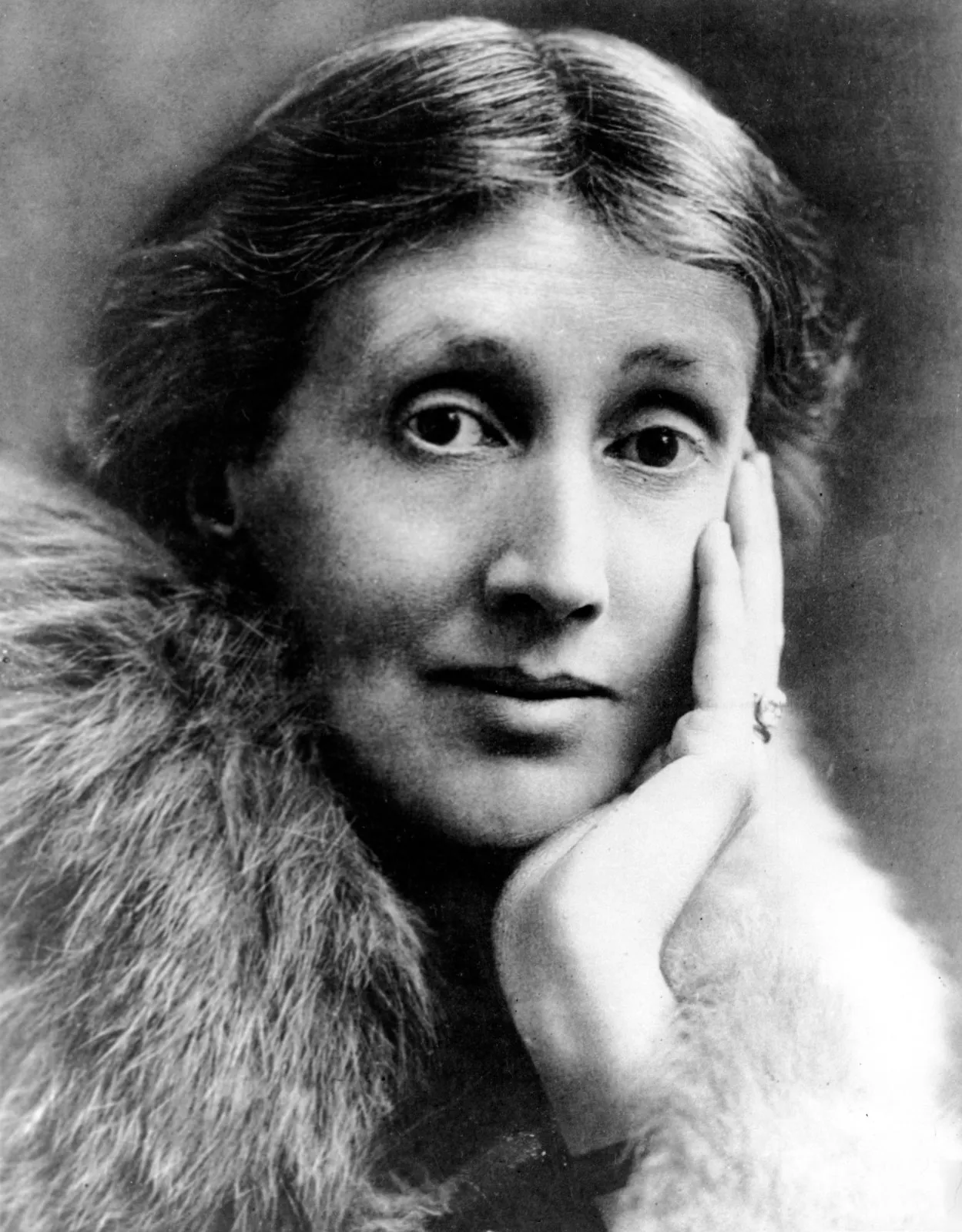
How many times have people used a pen or paintbrush because they couldn’t pull the trigger?
Share this quote:
One wanted, she thought, dipping her brush deliberately, to be on a level with ordinary experience, to feel simply thats a chair, thats a table, and yet at the same time, Its a miracle, its an ecstasy.
Share this quote:
It was a miserable machine, an inefficient machine, she thought, the human apparatus for painting or for feeling; it always broke down at the critical moment; heroically, one must force it on.
Share this quote:
I spent an hour looking at pots and carpets in the museums the other day, until the desire to describe them became like the desire for the lusts of the flesh.
Share this quote:
In the flailing light they all looked sharp-edged and ethereal and divided by great distances
Share this quote:
Why should a real chair be better than an imaginary elephant?
Share this quote:
What has seven editions (the book had already gone into no less) got to do with the value of it? Was not writing poetry a secret transaction, a voice answering a voice? So that all this chatter and praise and blame and meeting people who admired one and meeting people who did not admire one was as ill suited as could be to the thing itself — a voice answering a voice.
Share this quote:
Freedom and fullness of expression are of the essence of the art.
Share this quote:
When the Day of Judgment dawns and people, great and small, come marching in to receive their heavenly rewards, the Almighty will gaze upon the mere bookworms and say to Peter, “Look, these need no reward. We have nothing to give them. They have loved reading.
Share this quote:
I am reading six books at once, the only way of reading; since, as you will agree, one book is only a single unaccompanied note, and to get the full sound, one needs ten others at the same time.
Share this quote:
I was always going to the bookcase for another sip of the divine specific.
Share this quote:
I ransack public libraries, and find them full of sunk treasure.
Share this quote:
Sometimes I think heaven must be one continuous unexhausted reading.
Share this quote:
What one means by integrity, in the case of the novelist, is the conviction that he gives one that this is the truth. . . . When one so exposes it [integrity] and sees it come to life one exclaims in rapture, But this is what I have always felt and known and desired! And one boils over with excitement, and, shutting the book even with a kind of reverence as if it were something very precious, a stand-by to return to as long as one lives, one puts it back on the shelf.
Share this quote:
Do you know I get such a passion for reading sometimes its like the other passion -writing- only the wrong side of the carpet.
Share this quote:
In reading we have to allow the sunken meanings to remain sunken, suggested, not stated; lapsing and flowing into each other like reeds on the bed of a river
Share this quote:
The motor car with its blinds drawn and an air of inscrutable reserve proceeded towards Piccadilly, still gazed at, still ruffling the faces on both sides of the street with the same dark breath of veneration whether for Queen, Prince, or Prime Minister nobody knew. The face itself had been seen only once by three people for a few seconds. Even the sex was now in dispute. But there could be no doubt that greatness was seated within; greatness was passing, hidden, down Bond Street, removed only by a hands-breadth from ordinary people who might now, for the first and only time, be within speaking distance of the majesty of England, of the enduring symbol of the state which will be known to curious antiquaries, sifting the ruins of time, when London is a grass-grown path and all those hurrying along the pavement this Wednesday morning are but bones with a few wedding rings mixed up in their dust and the gold stoppings of innumerable decayed teeth. The face in the motor car will then be known.
Share this quote:
We scarcely want to analyse what we feel to be so large and deeply human.
Share this quote:
Buy for me from the Kings own kennels, the finest elk hounds of the Royal strain, male and female. Bring them back without delay. For, he murmured, scarcely above his breath as he turned to his books, I have done with men.
Share this quote:
Life, how I have dreaded you, said Rhoda, oh, human beings, how I have hated you! How you have nudged, how you have interrupted, how hideous you have looked in Oxford Street, how squalid sitting opposite each other staring in the Tube! Now as I climb this mountain, from the top of which I shall see Africa, my mind is printed with brown-paper parcels and your faces. I have been stained by you and corrupted. You smelt so unpleasant, too, lining up outside doors to buy tickets. All were dressed in indeterminate shades of grey and brown, never even a blue feather pinned to a hat. None had the courage to be one thing rather than another. What dissolution of the soul you demanded in order to get through one day, what lies, bowings, scrapings, fluency and servility! How you changed me to one spot, one hour, one chair, and sat yourselves down opposite! How you snatched from me the white spaces that lie between hour and hour and rolled them into dirty pellets and tossed them into wastepaper baskets with your greasy paws. Yet those were my life.
Share this quote: